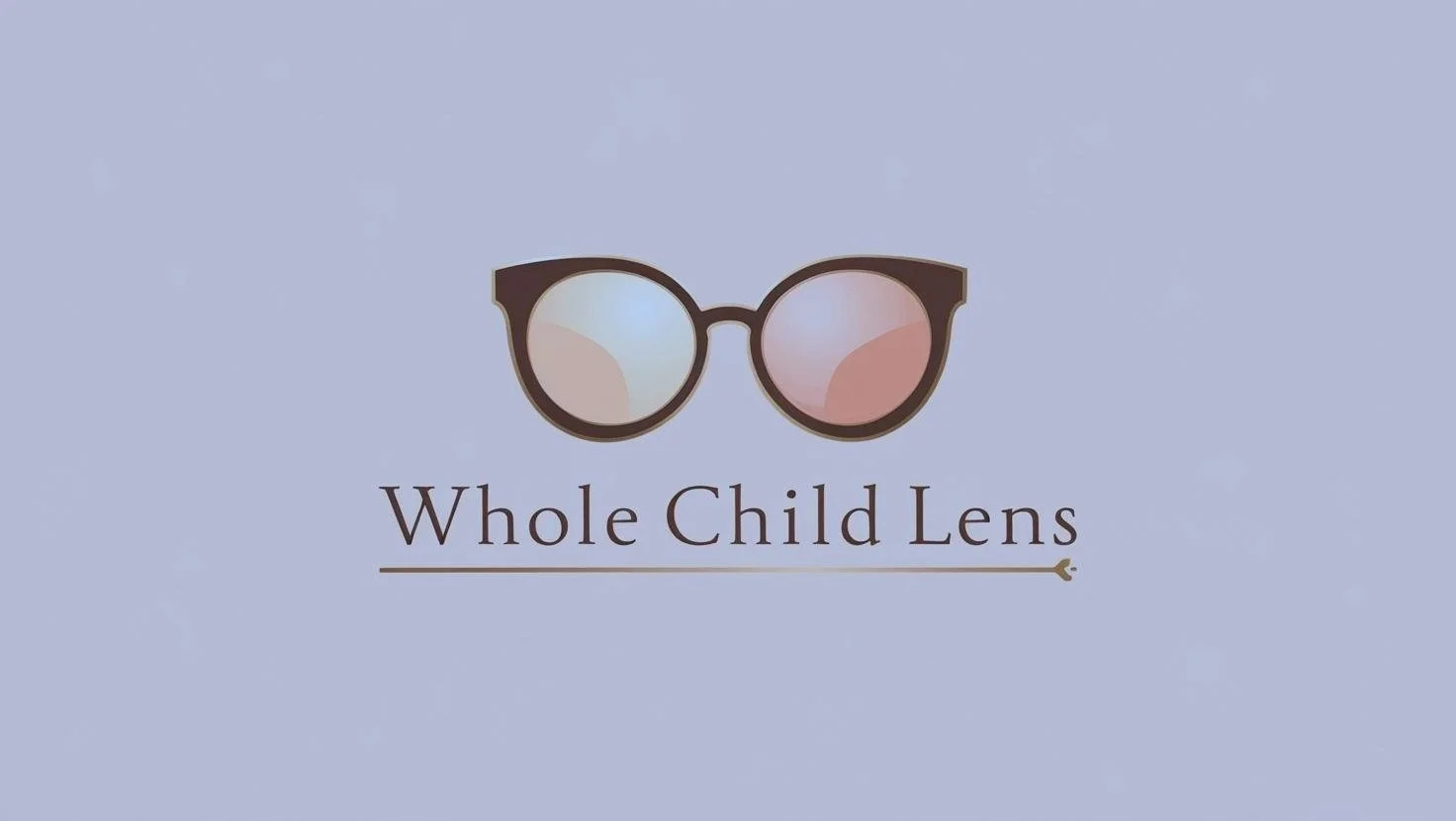Raising Multicultural Gifted Kids: Complicated in the Best Way
When I came to the U.S. from Taiwan in 2010 to study, I never imagined I would one day raise a multicultural family. But 15 years later, I married an American and had a daughter, who was born while we were living in the Netherlands. She’s now seven, full of energy, and ready to take on an advanced program starting from second grade. When she was younger, she was even fluent in Dutch—unlike her parents! For a while, she was our little translator, even yelling out to neighbors, “Mama spreekt geen Nederlands!” (Mommy doesn’t speak Dutch!).
As a parent and someone who studies the social-emotional development of bright kids, I’ve been asked many times: How do we support multicultural gifted children? What identity should they hold on to—or create?
It’s true that these children face more complex layers in their development. But “complex” doesn’t mean “bad.” In fact, psychologist Kazimierz Dabrowski suggested that these layers are part of what helps us grow into more empathetic, reflective, and resilient people.
Living abroad has helped me—and many others—gain a clearer sense of self. You start asking: Which parts of my identity are really me, and which are just cultural habits? This reflection can be a gift we pass to our children.
For example, as an Asian mom, I’ve occasionally felt judged—people assume I’m a “tiger mom” because I set high expectations. But what I really value is the growth mindset I grew up with: learning from mistakes, working hard, and always improving. And I’ve come to also appreciate how American parents encourage open expression, while Dutch parents often take a relaxed, trust-the-kid approach.
The beauty of multicultural parenting is that we can pull from the best of many worlds.

